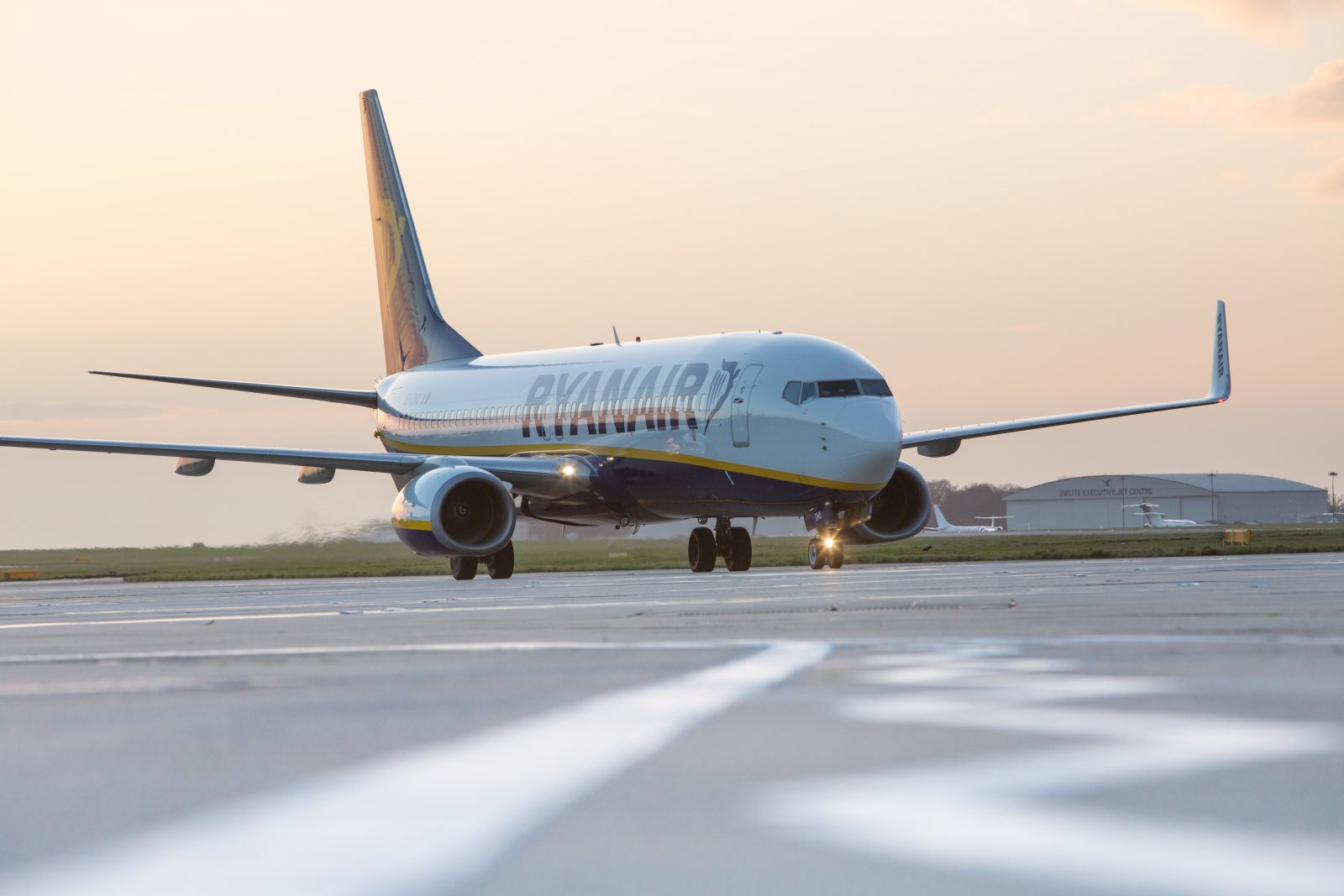
Unlike in many countries around the world, the government of the United Kingdom doesn’t fully own its air traffic control service. Instead, the organisation which is known only as NATS is 49% owned by taxpayers, while two private companies own the remaining shares – a secretive company called ‘The Airline Group’ owns a 42% share, while the company behind Heathrow Airport holds a 4% stake in the service.
Why is this important? Well, now Ryanair is accusing NATS of “discrimination” and is blaming the air traffic control service of delaying its aircraft, while rivals go unaffected. Ryanair says it has made a formal complaint to the European Commission over the issue and is calling on NATS to hire more staff to prevent further delays.
You see, Ryanair has a massive presence at Stansted Airport – a London area airport which is about 35 miles from the centre of the city. The airport predominantly handles short-haul flights between the UK and Europe, although in the last couple of years more and more long-haul flights have been opened up by the likes of Iceland’s WOW Air and Primera Air. Even Emirates has started flying between Stansted and its base in Dubai this year.
But new research by the UK’s aviation regulators suggests Stansted is taking the brunt of delays attributable to air traffic control restrictions. Ryanair claims Stansted “suffered 52% of all ATC delays in the London area from Jan – Mar 2018 caused by NATS.” Meanwhile, the much larger Heathrow Airport in West London suffered no ATC related delays (or as Ryanair put it: “none, zero, nada”).

Delays at London’s Gatwick Airport only accounted for 10% of the ATC delays, while Luton and London City Airport’s suffered 30% and 8% of the delays respectively. Ryanair says the situation has “wreaked havoc” on its flights at Stansted which is down to ATC staffing shortages and management failures.
“Ryanair and Stansted are clearly being discriminated against by the UK airline owned ATC provider NATS. That Stansted has had 52% of all NATS delays in Q1 while Heathrow has 0% (and Gatwick just 10%) is unjustifiable,” explained the airline’s chief operating officer, Peter Bellow.
“Ryanair is today submitting a formal complaint to the European Commission and the UK CAA over this blatant discrimination against Stansted Airport and Ryanair.”
Part of the reason Ryanair perhaps thinks NATS is discriminating against it may well be down to the group’s complicated ownership structure. The Airline Group which owns a large stake in NATS is, in fact, a private company which is itself part-owned by a number of major airlines including British Airways, Virgin Atlantic, easyJet and Lufthansa, as well as leisure operators, Thomson and Thomas Cook.
The fact that the likes of British Airways, Virgin and easyJet have a major presence at either Heathrow or Gatwick is clearly not lost on Ryanair. Whether Ryanair’s accusations will stand up to scrutiny aren’t quite as clear.
Over the summer, the Irish low-cost carrier has been very vocal over what it see’s as air traffic control failures across Europe. In late July, Ryanair joined with IAG (the owner of BA, Iberia and Aer Lingus), easyJet and Wizz Air to submit a formal complaint about strikes by French ATC workers which have caused travel chaos across the continent.
For its part, NATS says delays at UK airports have been caused by severe weather across Europe and other knock-on effects, claiming the service is not understaffed. Ryanair, however, says these are simply excuses and is instead the service is protecting its major shareholders. NATS is yet to respond to these latest allegations.
Mateusz Maszczynski honed his skills as an international flight attendant at the most prominent airline in the Middle East and has been flying ever since... most recently for a well known European airline. Matt is passionate about the aviation industry and has become an expert in passenger experience and human-centric stories. Always keeping an ear close to the ground, Matt's industry insights, analysis and news coverage is frequently relied upon by some of the biggest names in journalism.







